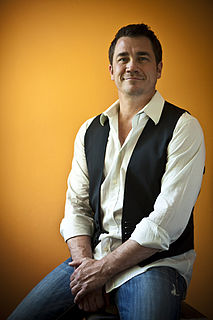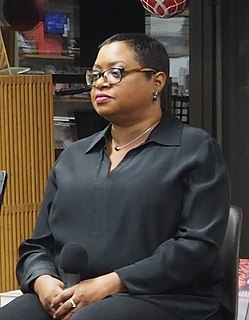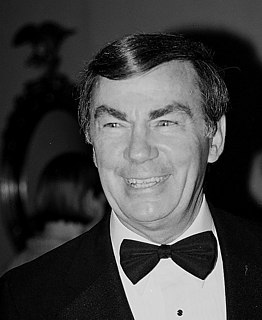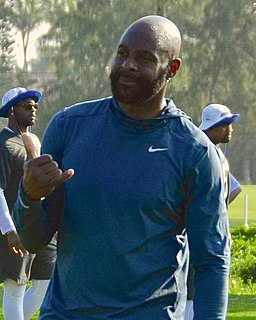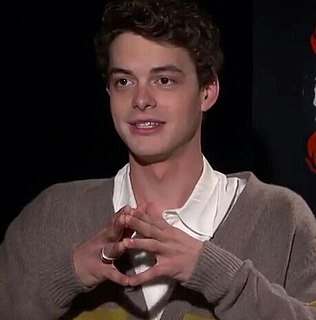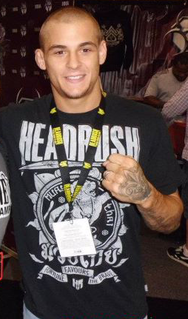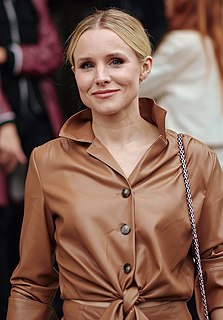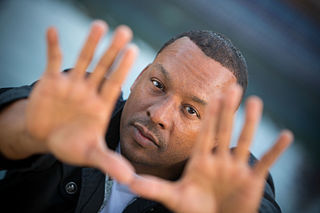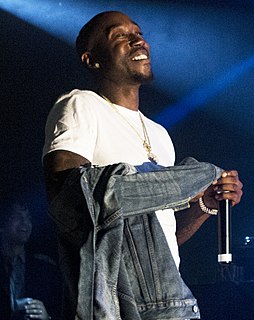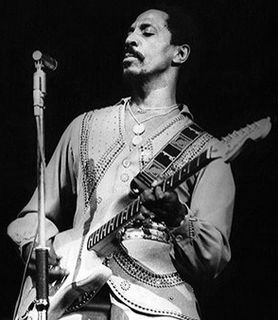A Quote by Tate Taylor
I knew I had to write a good screenplay to be taken seriously, and I knew I needed to present Mississippi on visuals instead of just saying, 'Hey I wanted to film it in Mississippi.' It would seem like it was a hometown boy just wanting to be home.
Related Quotes
I was just an infant when [Fannie Lou] Hamer spoke - barley even awake in the world. But here she was, pressing the Democratic Party to refuse to recognize the all-white Mississippi delegation, because obviously there was no way Mississippi could have an all-white delegation. Black people had been kept from registering through violence and intimidation. She had experienced that violence herself and was there to speak about it and to insist the delegation of the Mississippi Freedom Democratic Party be recognized instead.
Coming from the South, I just felt you had to work just a little bit harder. It was not going to be handed to you. I’d get the letters from all the major schools but no one came out to talk to me face to face until this small, dominant black school, Mississippi State Valley University sent a coach out to me. I had a chance to talk to him and he said, ‘Hey Jerry, we’re going to be doing some great things at Mississippi Valley State University and we would love to have you there.’
I've always known that I've wanted to write, but I always saw myself doing that in the context of something other than film, so it was a really beautiful and kind of perfect moment in my life when I realized that I could combine this idea of wanting to write and tell my own stories with the environment I had grown up in and knew well - that I could make film as opposed to writing being a departure from what I knew.
By county, there's like 14 different accents in Mississippi alone. And now, present day, a Mississippi accent is different than in 1963. So we had a dialect coach, which is like going to visit France and having to translate all your emotions into French, and French isn't your first language. I had to go through that filter, so it was interesting.
When Veronica Mars was canceled, the following season of pilots for The CW had been announced, and one was Gossip Girl. I read it, and I knew I was sort of old to play any of the kids. I called Dawn Ostroff -- who was the head of The CW at the time -- and said, 'Hey, I did so much narration on Veronica Mars, can I narrate this show? And she said, 'Hey, that's a very good idea.' They knew I had a younger voice, they liked me and they knew I'd show up for work, and I guess that was all I really needed. It was so clear to me how sassy and catty she needed to be.
I'm a film guy. I love it. When I read the screenplay, I knew that there would be no HD camera that could achieve the look that I wanted for this film. I wanted it to be dirty, and 16mm provides all of that with the look and the grain. That's what I worked for, and that's what I wanted, and that's how I'd seen the movie in my mind.
Gary is a old factory town right outside Chicago. From my standpoint, my family migrated there in the '50s and '60s from Mississippi - Sardis, Mississippi - shout out to Sardis, Mississippi. My family migrated there just like a lot of black families in that area: they migrated there to get jobs, to get those factory jobs, that steel mill job.
